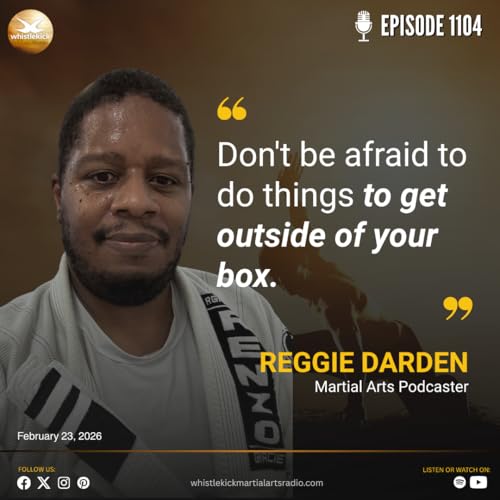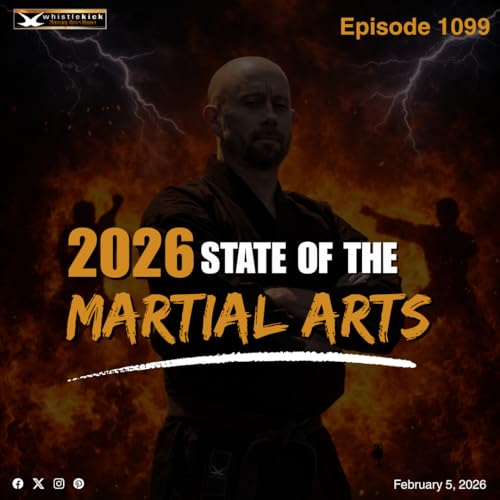SUMMARY
In this engaging conversation, Reggie Darden shares his journey into martial arts, discussing his early influences, the impact of iconic figures like Bruce Lee, and his experiences with Kempo training. The discussion also touches on the technical aspects of podcasting and the challenges faced in balancing technology with content creation. In this conversation, Reggie Darden shares his unique journey through martial arts, starting from his childhood fascination with karate to his experiences in the military and his exploration of various martial arts styles, including Capoeira. He discusses the challenges and joys of cross-training in multiple disciplines, the sense of community within martial arts, and his motivation to start a podcast to share stories and insights from the martial arts world. He also discusses the joys of storytelling through podcasting, the impact of martial arts on personal growth, and the importance of community. The conversation also touches on the evolution of Reggie's podcast, 'My Empty Hands,' and the significance of embracing fear to pursue new opportunities.
TAKEAWAYS
- Reggie has been interested in martial arts since childhood.
- He started formal training in the early 90s.
- Influenced by martial arts films, especially The Perfect Weapon.
- Bruce Lee's impact on martial arts is undeniable, but he feels he's overrated.
- The Perfect Weapon inspired Reggie to pursue Kempo.
- Reggie's father had concerns about martial arts being dangerous.
- Reggie enjoys the technical side of podcasting.
- Reggie watched martial arts classes for nearly a year before training.
- Reggie trained intensely once he officially started karate.
- He joined the army and sought martial arts training on base.
- Capoeira classes offer a unique and energetic experience.
- The martial arts community fosters instant connections among practitioners.
- Cross-training can blur the lines between different martial arts styles.
- Podcasting about martial arts was inspired by other shows.
- Reggie enjoys sharing stories from various martial artists.
- Inspiration can come from unexpected places.
- Embrace fear as a motivator for action.
- Life is too short to hesitate on your passions.
- Start today instead of waiting for the perfect moment.
- Community support is vital in martial arts and beyond.
To connect with Reggie Darden: www.myemptyhands.net
Join our EXCLUSIVE newsletter to get notified of each episode as it comes out!
Subscribe — whistlekick Martial Arts Radio
 2026/03/021 時間 6 分
2026/03/021 時間 6 分 2026/02/2647 分
2026/02/2647 分 2026/02/231 時間 3 分
2026/02/231 時間 3 分 39 分
39 分 2026/02/1658 分
2026/02/1658 分 37 分
37 分 2026/02/0956 分
2026/02/0956 分 59 分
59 分
